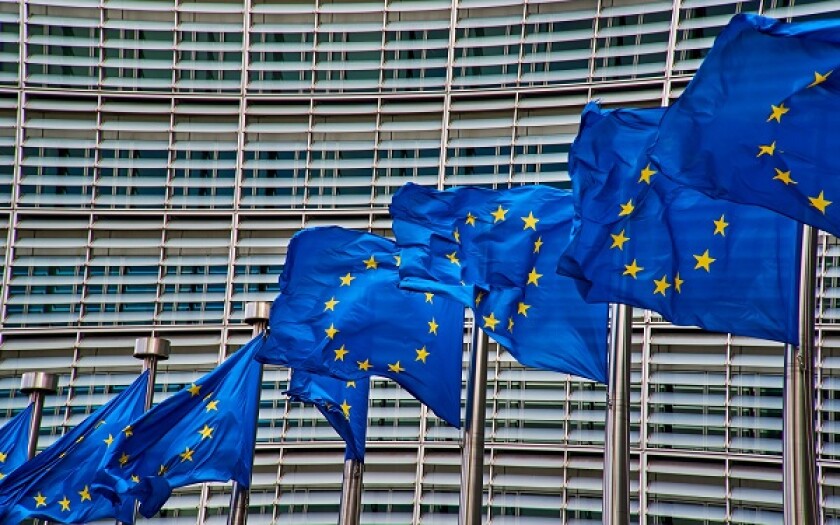Key Takeaways
- Following court decisions, the EU Commission ended its tax investigations into Starbucks, Amazon, and Fiat.
- The Commission’s conclusions on unfair tax advantages were overturned by EU courts.
- According to Vestager, the courts cleared the corporations but upheld objections to harsh tax decisions.
After court rulings, the European Commission, the EU’s competition watchdog, ended tax investigations into Amazon, Fiat, and Starbucks.
The European Commission discovered in 2015 and 2017 that Luxembourg had violated EU state aid regulations by providing Fiat and Amazon with unlawful tax benefits, while the Netherlands had done the same for Starbucks. Their tax bills were lower than those of other corporations as a result of these tax judgments.
But in all three cases, the Commission’s first rulings were overturned by EU judges, keeping the investigations open.
In accordance with EU court decisions from 2019 to 2023, the Commission has now concluded the investigations and verified that the firms did not get illegal tax benefits.
EU Regulators Wrap Up Prolonged Tax Probes
The European Commission has been looking into tax decisions made under EU state assistance laws since 2013. EU competition laws are broken by rulings that provide businesses an undue advantage.
The three incidents are over ten years old. The Commission discovered in 2015 that Fiat and Starbucks received undue tax benefits of between €20 million and €30 million each from tax judgments in Luxembourg and the Netherlands. However, after concluding that the Commission had employed improper limits, the Court of Justice revoked the rulings.
The General Court and the Court of Justice overturned the Commission’s 2017 finding in the Amazon case that Luxembourg had illegally given Amazon €250 million in tax advantages because there was not enough evidence.
One of the main areas of focus for outgoing Commissioner Margrethe Vestager was the Commission’s investigation of multinational corporations over tax agreements, including Amazon, Fiat, and Starbucks. After Apple was sentenced to pay Ireland €13 billion in taxes, the crackdown accelerated even though the closed investigations were overturned in court.
Vestager, who will be leaving her position soon, stated that EU courts in the recent Apple decision established a crucial standard for evaluating tax planning and supported the Commission’s appeal to harsh tax decisions.
